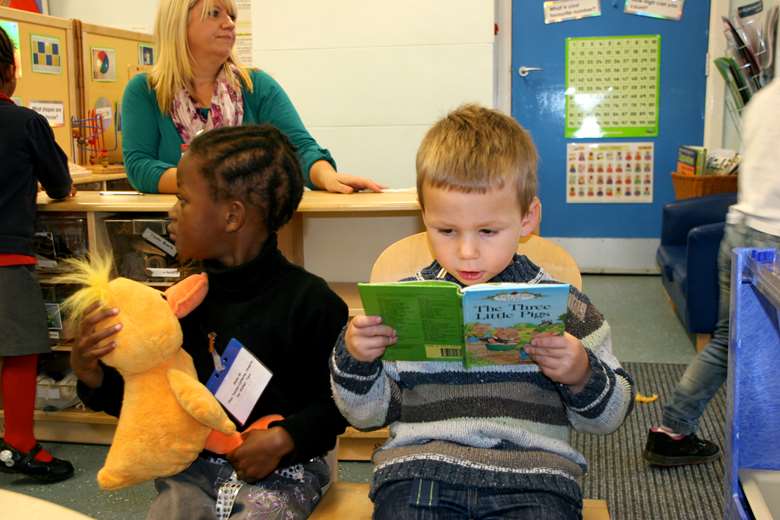Ofsted calls for an 'early years premium'
Lauren Higgs
Monday, December 3, 2012
The government should introduce a pupil premium for children in early years settings, to help fund free childcare for two-year-olds in the most disadvantaged areas, according to a senior Ofsted official.

In the watchdog’s first annual early years lecture tonight (3 December), Sue Gregory, Ofsted’s national director of education, will argue that funding for childcare “is spread too thinly” and should be targeted at the most deprived areas to drive up the quality of early years provision.
“Universal provision has spread resources very thinly and it’s crucial that lessons are learned from current schemes in operation,” she will say.
“Schools receive additional funding for their most disadvantaged pupils through the pupil premium. A similar scheme could work in early years to help ensure that high-quality staff are employed where the two-year-old offer is most needed.”
Gregory is meanwhile set to call for “urgent changes”, to make sure that people working in early years are at least as qualified as teachers in schools, and that the best-trained professionals are paid more to work in the most disadvantaged areas.
“If we are serious about investing in the future, all those working with young children should be highly skilled and qualified to degree level,” she will say.
“If we’re serious about investing in a better-qualified workforce we should pay more. Nursery staff wages often hover around the minimum and even a graduate early years professional earns only half a teacher’s salary.”
Gregory will also propose that childminders and other early years settings that are struggling to improve should be linked to outstanding providers through hubs or networks.
“Ofsted’s data shows that childminders who work in networks, or who access quality improvement schemes, generally have higher inspection grades than those who do not,” she will explain. ?
“A good strong support mechanism can make a real difference to the quality of childminding; it can introduce monitoring and assistance with self-evaluation, it can give staff greater training opportunities and the chance to share good practice.
“The same is true of successful chains for group care providers, or pre-schools and nurseries.”




